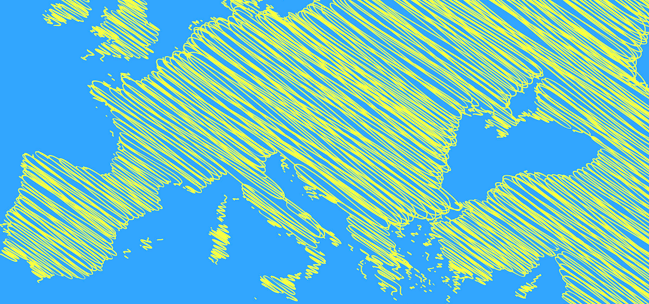Our project aims to increase knowledge on the impact of existing policies and offer policy suggestions to enhance youth employment opportunities in less developed EEA regions, but most importantly, with the direct target groups being NEETs aged between 18-29. We do keep an eye, though, on research conducted in relevant subjects, such as the paper on the gender gaps in digital skills. Besides, Cowork4YOUTH’s particular emphasis is on young mothers and the long-term unemployed, which puts into the project’s focus the gender variation as well.
Published as “OECD Education Working Papers No271”, the paper “Gender stereotypes in education: Policies and practices to address gender stereotyping across OECD education systems” addresses the issue of gender stereotypes “in education and beyond”. To reach the level of pursuing a career in STEM fields, education in earlier stages plays a catalytic role in acknowledging the opportunities that are available to men and women equally; and this paper examined where education stands in OECD countries regarding this issue. We particularly examined the reviews on our project’s focus countries, and in this case it was Greece, Italy and Spain.
For Greece, an analysis of textbook anthologies was conducted in 2021 in terms of gender representation, where the findings included that “Men and women are generally portrayed in stereotypical roles and professions, with males in positions of dominance. Women are typically associated with domestic and caregiving tasks, while men are portrayed in roles associated with power and authority”, “when females are depicted in professional roles, they are usually stereotypical ones, such as teachers, actresses and nurses”, and “the representation of women was often reduced to household chores, such as sewing and cooking, with an over-emphasis on a nurturing role”. Since 2010, similar studies have been conducted in other countries including Spain, and the findings were all similar to textbooks ranging from physics to linguistics.
“Mind the Gap” is a project run in Italy, Spain and other countries where it challenges gender stereotypes and aspires to prepare practitioners to educate in these kind of stereotypes, including training on “unconscious gender biases”. Italy and Spain also participate in another initiative called “Education for Equality (E4E): Going Beyond Gender Stereotypes”, funded by the Erasmus+ programme of the EU. In Spain, another programme called “Skollae”, won the 2019 UNESCO Prize for Girls’ and Women’s Education and aims “to teach students to recognise and address inequality based on different dimensions of diversity, including gender 30 EDU/WKP(2022)9 Unclassified and gender identity, and is incorporated into the curriculum at all education levels”. Lastly, in Italy, the project “Girls Code it Better” promotes STEM “educational and career pathways” for girls.
Link:
————————-
Stay connected with us through our social media:
facebook, Twitter, LinkedIn: @Cowork4YOUTH, and visit our website https://www.cowork4youth.org/


